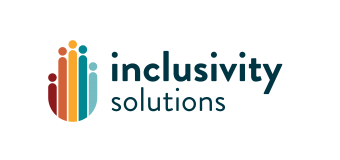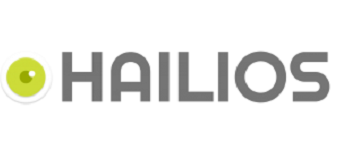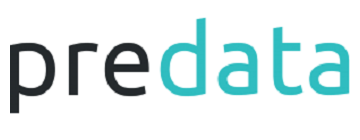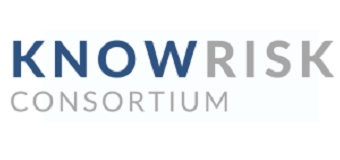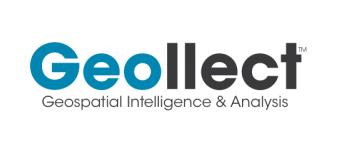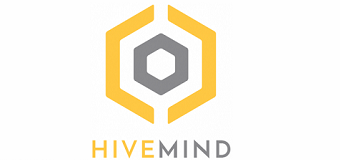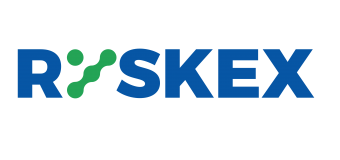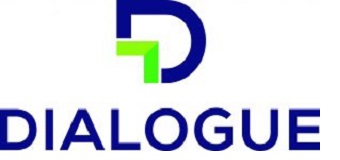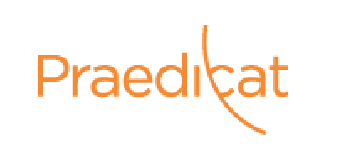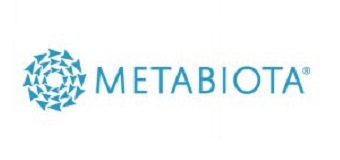Inclusivity Solutions
Location: South Africa
Hailios
Location: US
HazardHub
Location: US
Blink Parametric
Location: Ireland
Predata
Location: US
KnowRisk
Location: UK and US
Geollect
Location: UK
Hivemind Technologies
Location: UK
RYSKEX
Location: Germany
Dialogue
Location: UK
Praedicat
Location: US
Metabiota
Location: US
In addition to looking for new insurance products, and new sources of data, this cohort had a focus on short, medium and long-term COVID-19 challenges and responses.
Lloyd’s is acutely conscious of the far-reaching, devastating impacts of the COVID-19 pandemic not only on our customers, but also on societies and economies around the world. The world has never experienced an event like this, where so many are hit at the same point in time by the same event.
As a recognised leader in providing insurance solutions for the world’s most complex risks, Lloyd’s is focused on supporting the recovery and future resilience of our customers in the face of COVID-19 and future global catastrophic events.
As part of Lloyd’s package of initiatives to respond to COVID-19, we reimagined the scope and timing of cohort 5 of the Lloyd’s Lab, to help fast-track the development of innovative new products and solutions. We adjusted the process and guidelines for new applicants to the
Lloyd’s Lab to help start-ups more quickly create and bring to market their COVID-19 products and solutions.
The Lab is open to start-ups from inside and outside the insurance sector. The illustrations below describe the three main areas where we were looking for ideas to support immediate and short-term challenges.
Applications are now closed.
The COVID-19 focus includes:
New types of insurance to support the COVID-19 response
All businesses have had to adapt to the crisis, either by changing the way they operate and the services or products that they provide or by shutting down completely. How can the Lloyd’s market respond to these changing needs? It could be quickly introducing, for example, premium holidays for policies that are effectively inactive, or coverage extensions to reflect changing risk profiles, or new types of insurance that cater specifically for changes to the workforce. In particular, Lloyd’s is looking for Managing General Agents (MGAs or Coverholders) seeking to (or able to) launch new insurance products now to help SMEs (and others) respond to the challenges arising from COVID-19.
Helping the Lloyd’s market to assess COVID-19 risks
We are looking for companies that can provide data or insights to help the Lloyd’s market asses how pandemic risk affects specific companies. Businesses are facing new risks, arising from the need to adapt the services they offer or the way they work. How can we help classify and understand these risks and continue to provide cost effective insurance solutions, which will enable businesses to continue functioning?
Lloyd’s is also looking for solutions that help to improve risk modelling, particularly in areas where insurance capacity could be constrained such as:
- Trade credit
- Political risk
- Contingency
- Directors’ & Officers’ (D&O) insurance
Helping Lloyd’s and our customers to adapt to a changing workplace
COVID-19 has fundamentally changed our day to day lives, with large sections of the workforce now operating entirely remotely for the first time. This is likely to have a long-lasting impact on the way we work. Do you have a solution that can help the Lloyd’s market or our customers adapt to these changes? We are interested in hearing from start-ups that can support the Lloyd’s market and our customers once lockdown is lifted but social distancing restrictions remain in place. There may be solutions, for example, that could help Lloyd’s brokers and underwriters to connect virtually or to schedule when they need to be in the Lloyd’s building.
The programme also included these two themes:
Data and models
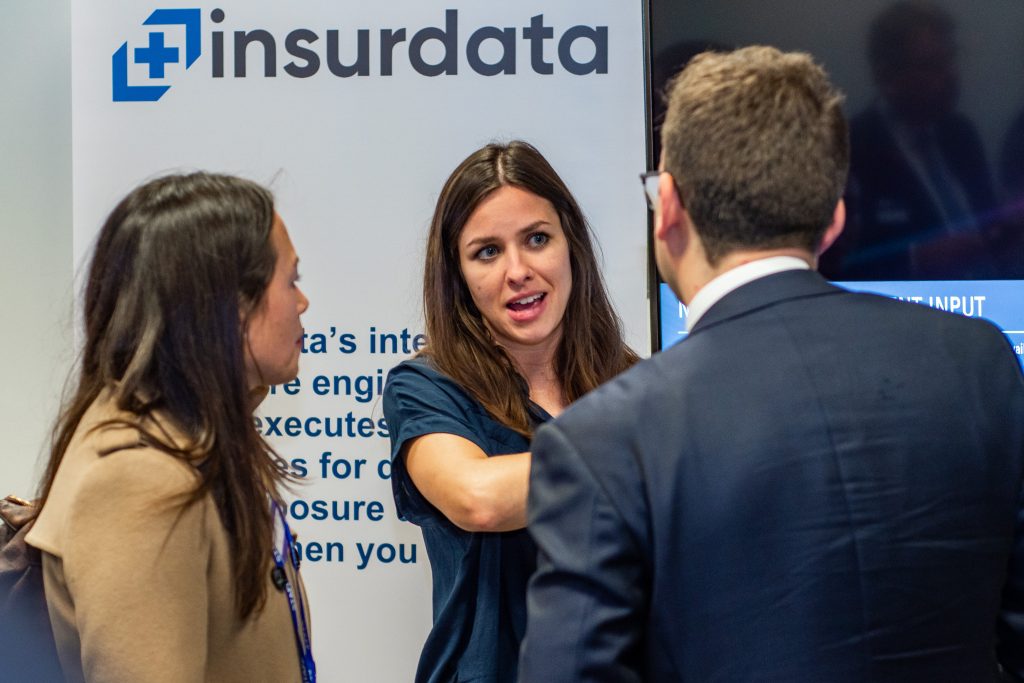
For the Lloyd’s market, profitable underwriting depends on continually improving the tools and techniques used to select and assess risks, manage risk portfolios and optimise the claims handling process. Data is the lifeblood of the underwriting process and, with an ever-increasing range of sources available, we want to make sure we’re looking beyond our core data sets to power smart decision-making in the market.
We’d like to hear from start-ups who can find and help us tap into alternative data sets to paint a more accurate picture of risk and help the market underwrite more profitably. Ideas could range from finding new data sources that highlight high risk policies for more accurate underwriting, to predicting future claims based on search engine trends, or aggregating existing data sets in new ways to reveal hidden trends.
We are also interested in how new algorithms, models, and statistical techniques can help us to create a more bespoke experience, gain a deeper understanding of risk, and address the protection gap. Rather than just seeking new insights from new data, we are also seeking new insights from existing data.
Solutions could include:
- A proprietary or aggregated data source(s) that could be of interest to help us understand risk for existing products or develop new ones. – Data sharing platforms which would benefit a regulated market like ours.
- Economic or company data that would assist with rating and reduce the burden on customers to provide data to us.
- Ways of extracting data from legacy systems.
- Pre-competitive pricing and risk models for existing or new risks.
- Models to help us understand specific scenarios; such as extreme cyber attacks, natural hazards, liability exposures or damage to intangible assets.
- Data enrichment services
Case Study: Insurdata
Insurdata specialize in the creation and augmentation of peril-specific exposure and risk data via its Exposure Engine platform. Launched in 2017 to address the lack of accurate property-related data available to the re/insurance market, Insurdata’s platform enables re/insurers to create high-resolution, peril-specific data in real-time. By generating accurate geocode information and precise building attribute data, underwriters and portfolio managers can achieve the level of granularity necessary to capitalize fully on today’s advanced modelling capabilities.
Insurdata came into the Lab wanting to understand the state of property exposure within the market. They believe that there is a fundamental mismatch between property data and modelling resolution which has a material impact on the way risk is managed, mitigated, priced and accounted for. Over the 10-weeks Insurdata decided to focus their time on analysing syndicate property data in order to educate syndicates on their property exposure and show how accurate their Exposure Engine is compared to the currently used geocode providers.
Their mentor, Emma, helped send out an email to Heads of Exposure Management within the market, explaining what Insurdata were looking to do and asking them to send a sample of property exposure data for Insurdata to analyse. Insurdata ended up receiving data from 21 syndicates. Their analyses of 25,000 US properties across 19 syndicates found that 73% of geocodes were displaced by 10m+, 33% by 100m+ and that Annual Average Loss (AAL) for flood moved on average by 60% per location. Insurdata ran sessions with each individual syndicate to feedback their analysis and findings.
New insurance products and markets
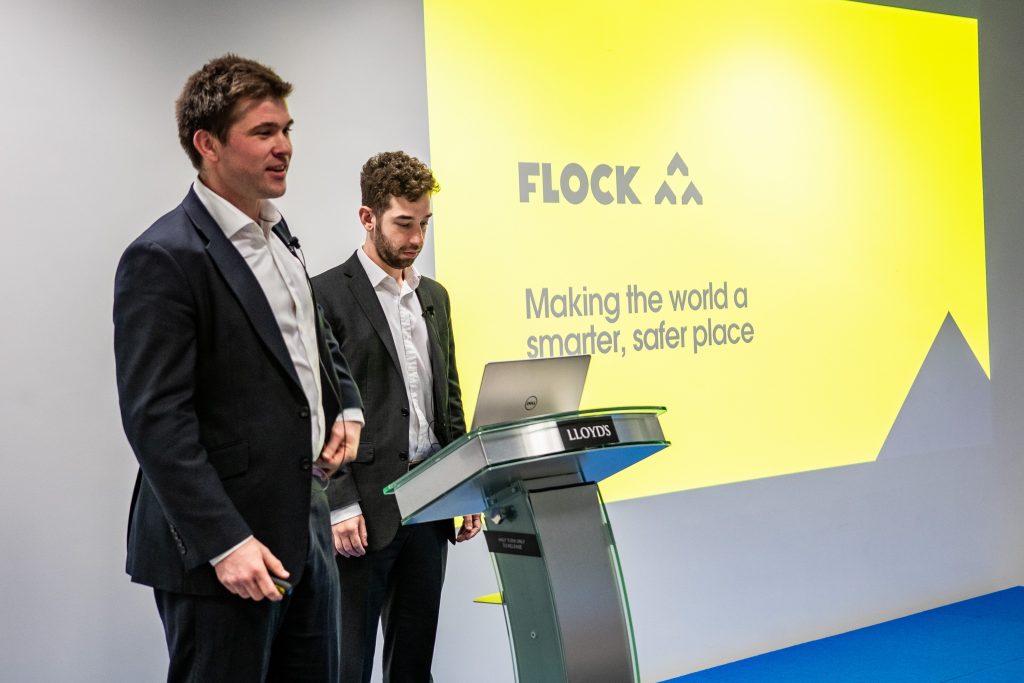
We are interested in new insurance products and solutions which open up new markets.
Solutions could include:
- Technologies that can help predict/forecast and perhaps prevent risks bundled as services within an insurance product. From the dark web, to natural perils we are interested in helping our customers understand their live exposures and to mitigate the risks.
- A smart contract or parametric product that you would like to trial with supportive managing agents
- New parametric products, e.g. in agriculture
- New pricing techniques
Lloyd’s recently launched the Lloyd’s Product Launchpad along with 27 insurers from the market, approaching £150m of capacity available. We envisage successful ideas coming through the Lab will go forward to the Lloyd’s Product Launchpad to seek capacity within the market.
Case Study: Flock
Flock helps underwriters unlock the power of risk intelligence. Flock recently launched its digital underwriting and risk intelligence platform, which helps insurers launch data-driven insurance products that grow new portfolios and augment existing ones. With Flock’s platform, insurers can:
- Optimise underwriting
- Flock’s platform uses a myriad of static and real time data sources to create unique event-driven insights that augment existing pricing models and help underwriters make better informed decisions, reducing loss ratios.
- Automate processes – underwriter time is best spent evaluating complex and high-value risks. Flock’s platform automates the simple, necessary administrative tasks of low-premium underwriting, reducing administrative expenses and freeing up underwriter time for value-add activities.
- Democratise risk insights – by empowering the end-customer with a more granular understanding of their risk profile, Flock’s platform breaks down the asymmetry of information between insurer and insured. This allows customers to take greater control of their own risk management and mitigate losses, reducing the frequency and severity of claims, and creating a safer, smarter world.
Flock wanted to refine and develop their General Aviation (GA) product, specifically the broker and underwriter interfaces. Currently, the cost of doing business within GA is the same whether you are underwriting a £10k risk or £100k risk, as the administrative process is expensive. The loss ratio is also high, with better insights underwriters can reduce losses with better risk selection. Flock also wanted to collect insights from the market to inform which class they should next develop a product for.
They interviewed both aviation underwriters and brokers from across the market and used this data to develop their GA product, creating an easy to use and insightful tool. They will now look for their first customers to use the tool. In order to gather market insight for future strategy Flock also sent out a survey to find out which other classes suffer from similar problems to GA.
Timeline for the COVID-themed programme starting in July
Timeline for the standard programme
2020
26
Jun
29
Jul
Pitch day
Pitch Day is your chance to present your idea to Lloyd’s senior leadership and market representatives for the chance to win a place in the Lab.
08
Sep
Programme starts
The 10-week intensive collaboration between you and the Lloyd’s Lab starts here, supported by market experts and external mentors.

